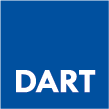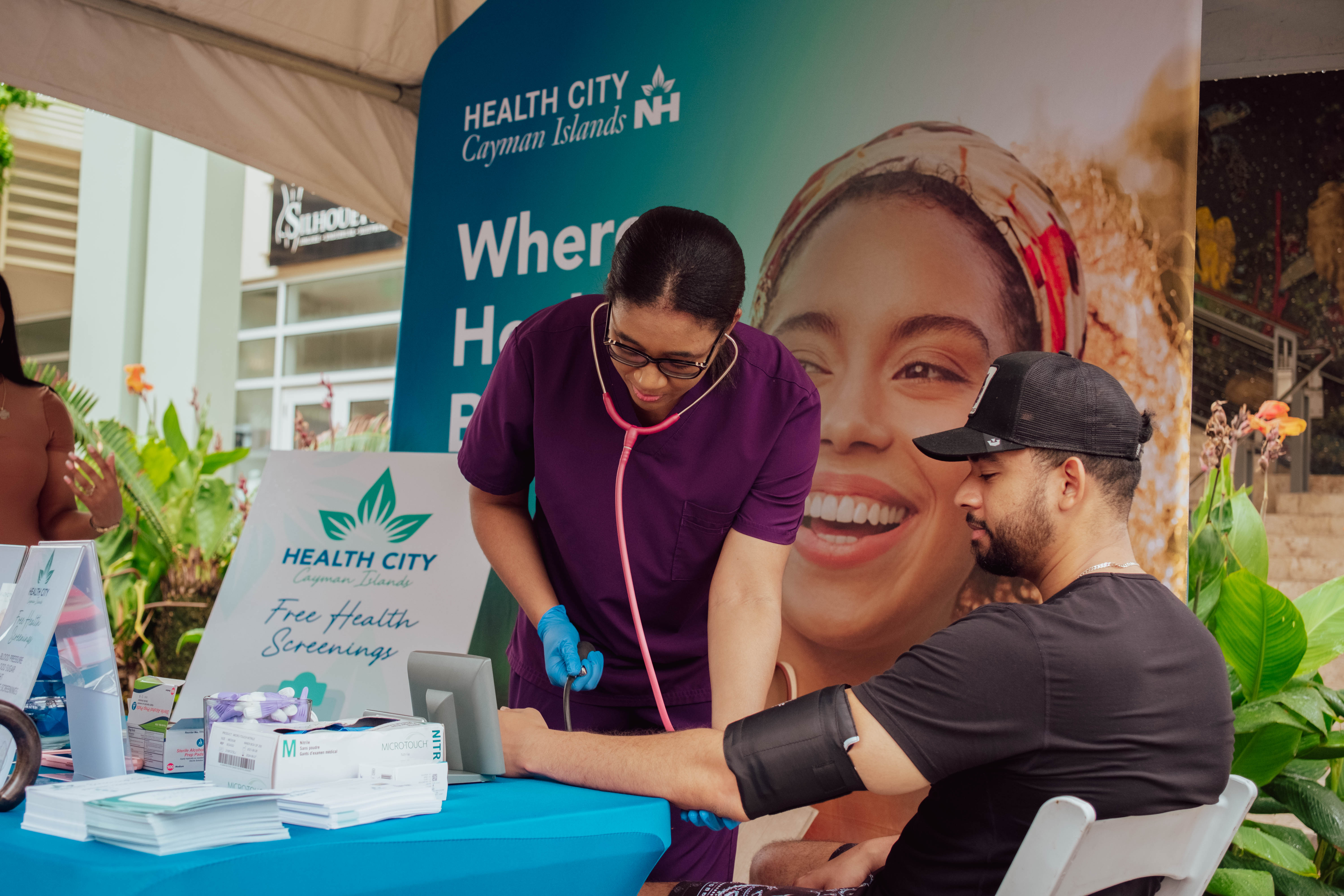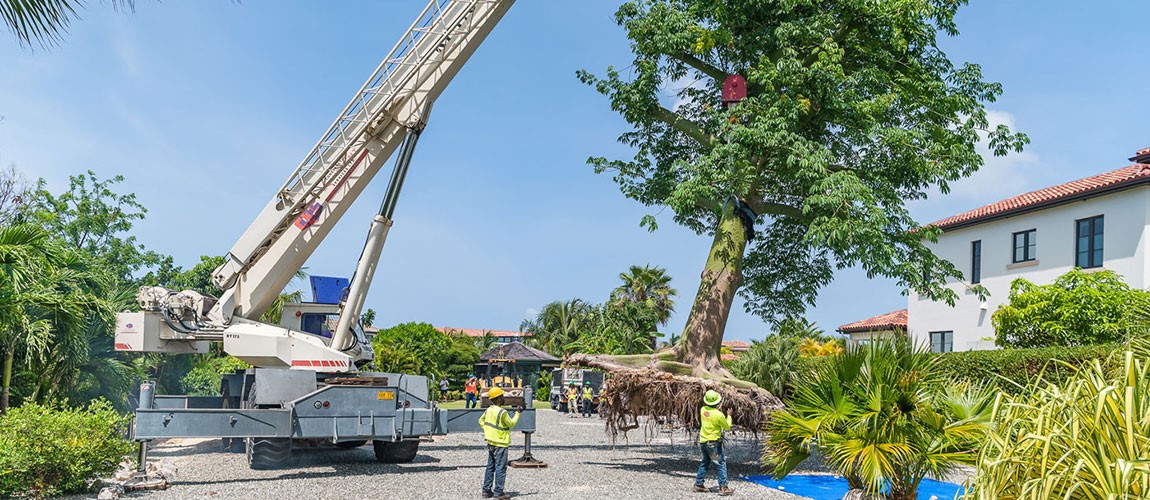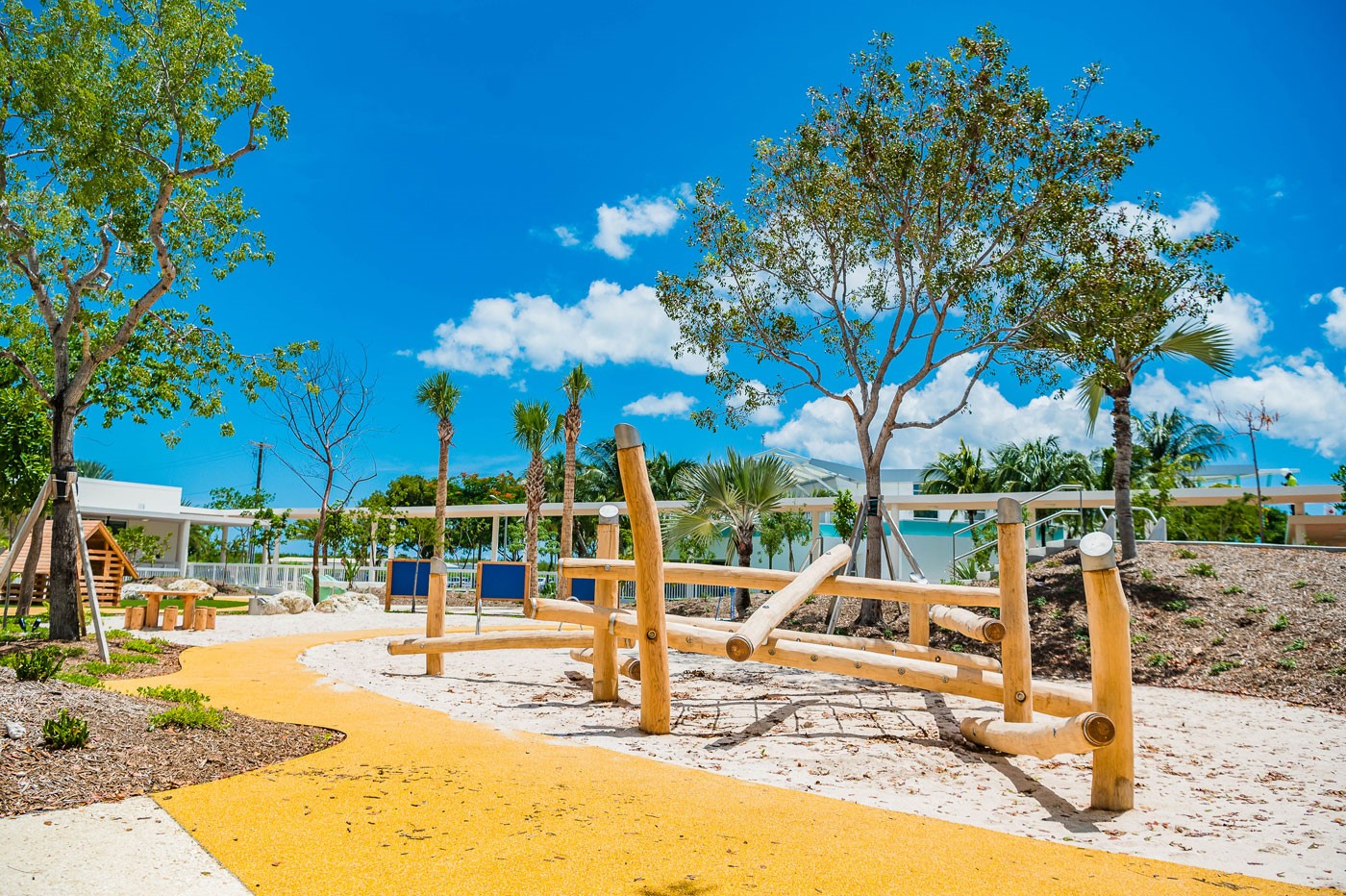Students participate in pilot programme focusing of Sustainable Development Goals
08 July 2021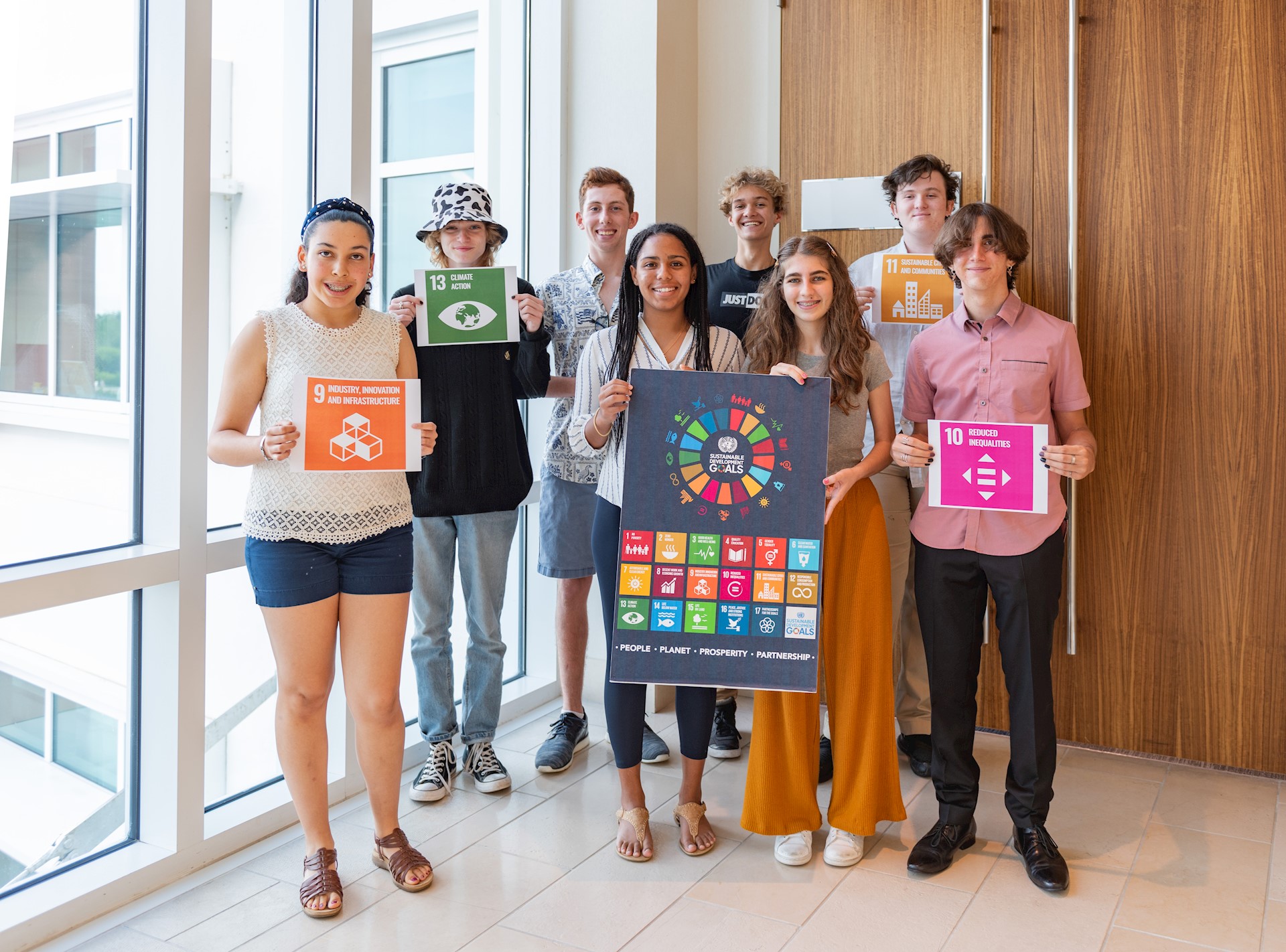
How can the Cayman Islands become more sustainable?
That was the question posed to grade 11 students at Cayman International School in a recent pilot programme called the "SDG Challenge" by Dart’s Minds Inspired. The SDG Challenge asked the students to consider local issues in the context of the United Nations' 17 Sustainable Development Goals — often referred to as SDGs — and immerse themselves in the role of leaders, grappling with the multiple competing issues and working together as a team to select a project which, if implemented, would help create a more sustainable Cayman by 2030.
The objectives of the SDG Challenge were to help the students, Cayman’s future leaders, better understand the three main pillars of sustainability and the variety of local issues that affect Cayman. The SDG Challenge also introduced the students to the challenges leaders encounter when making national-level decisions and allocating resources.
"The project gives them an opportunity to enhance transferable skills such as teamwork, research, critical thinking, persuasive writing and pitching to an audience while having the opportunity to see themselves as community members, working together to achieve a more sustainable Cayman Islands," said Dart CEO Mark VanDevelde.
After consulting with teachers from both public and private schools, a decision was made to run a pilot programme with one school before launching the initiative in September 2021 to all local high schools. The team at Cayman International School saw the SDG Challenge as a great opportunity for their Group 4 students and worked with Minds Inspired to satisfy the requirements of their International Baccalaureate diploma.
The winning proposal
The day-long exercise opened with a panel of three subject-matter experts sharing their experience with the SDGs in Cayman. Shannon Seymour from The Wellness Centre represented the goals under the social pillar; Cathy Childs from the National Trust represented the environmental pillar; and Paul Byles from FTS represented the economic pillar.
The panellists shared insights on important issues from their professional perspectives, which helped the students understand the bigger picture and see how the three SDGs are interconnected.
After the panel discussion, the students began work with their teams, discussing local issues and brainstorming projects to help provide solutions.
Their assignment included drafting a grant application to request funds for their project and pitching their idea — supported by an infographic outlining how their plan would work — to a panel of judges. Their grant application also included their rationale for choosing their project and the potential long-term sustainable benefits.
Governor Martyn Roper accepted an invitation to listen to the students' pitches.
The eight groups each presented a unique project, signifying the breadth of challenges Cayman is facing. The winning team focused on proposing a legal ban on sunscreen products that are unsafe for reefs, which the judges determined was as an excellent illustration of how citizens can come together to help solve problems.
The plan included educating the community on the dangers of non-reef safe products, offered an exchange of unsafe products for safe options and recommended the provision of dispensers with free reef-safe sunscreen at popular sites around Cayman. They were awarded CI$500 to donate to a local non-profit of their choice, and they chose Protect Our Future.
The winning team hopes to continue working on the project and to present it to Parliament later this year.
Two other teams were awarded honourable mentions and each received CI$250 to donate to a local non-profit of their choice. One group chose a project that focused on reforming public transportation by developing a bus tracking system that was accessible through a mobile app, adding more bus stops and providing various payment options. The other group proposed a plan of asking supermarkets to donate their leftover hot food and any food about to expire to children in afterschool programmes to help ensure local children do not go hungry and have the chance to escape the cycle of poverty. They proposed working directly with Feed Our Future to identify the at-risk children and to expand their services with afterschool programmes that would teach them life skills.
Students in the top three teams were also given a certificate and a personalised letter to add to their portfolios.
--------
This article appears in print in the July 2021 edition of Camana Bay Times, written by Laura Leontsinis.
In other news
